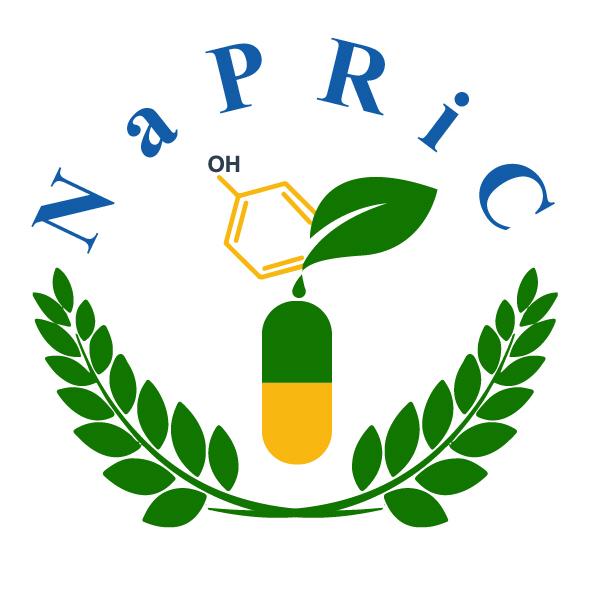Bachelor of Pharmacy
Pharmacists and pharmaceutical scientists are a vital part of the healthcare system in Uganda, as part of the multi-disciplinary teams in drug development, manufacture and healthcare. Pharmacists in particular ensure quality in pharmaceutical care provision. However, investment in a comprehensive and transformative Bachelor of Pharmacy (BPharm) programme in Uganda with clinical, industrial and supply chain tracks, will improve equity of healthcare and medicines access, and also provide sustainable solutions to human resource, pharmaceutical innovations, development and manufacturing.
The Bachelor of Pharmacy (BPharm) curriculum is envisaged in 2024, to be approved by the Busitema University, National Council of Higher Education and the professional regulator – the Pharmaceutical Society of Uganda. The BPharm programme will be hosted in the Department of Pharmacy that has been operationalized within the administrative structure of the Faculty of Health Sciences, and will work collaboratively with existing faculties, departments and programmes, particularly, the Bachelor of Medicine and surgery, Nursing and anaesthesia programmes. However, as a separate profession defined by Uganda law in an Act of Parliament, the pharmacy programme and related activities must be cultivated to continue to grow and flourish in specific and unique areas such as pharmaceutics, pharmaceutical innovation and development and the training needs of Uganda therein. This notion is engrained in the National Development Plan (NDP-3) of Uganda, and carries the support of key stakeholders and the wider pharmacy community of Uganda with international endorsement.
The Department of Pharmacy will benefit greatly in the existing infrastructure of the Faculty of Health Sciences at the Mbale campus with existing investment in teaching and learning resources and equipment and facilities, as well as ongoing programmes. These will provide the necessary support to ensure education and training of quality and innovative pharmacists and allied cadres, for clinical practice, research and also pharmaceutical development and production.
The contribution to the socioeconomic needs and NDP-3 of Uganda is very clear:
- Increased capacity of human resource translating to reduced unemployment
- Improved access to medicines and healthcare personnel translating to reduced health inequalities and reducing the burden of ill health in Uganda
- Improved quality of healthcare delivery translating to greater confidence and uptake of healthcare services particularly in the public sector
- Creating industry in Uganda to support national economic growth
- Improved career pathways translating to better job satisfaction and retention of human resource in healthcare sector
